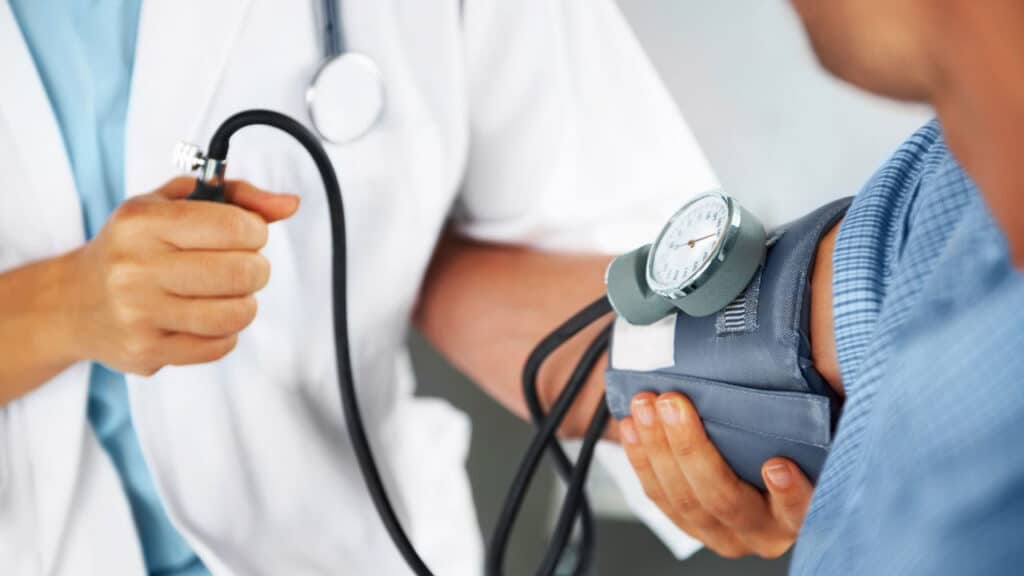Blood pressure is given in two numbers, right? 120/80 is a typical example, which means that high blood pressure looks something like 130/90. But what if only the first number is elevated? Does that still count as hypertension, and should you be worried?
Well, yes, it’s still hypertension. It’s isolated systolic hypertension, to be precise. And if you’re over 65 and at an increased risk of high blood pressure, this is the type that’s most likely to hit you. You can have it when you’re younger, but when it comes to age-related hypertension, this is the most likely kind.
The main reason this type of hypertension happens more as we wage is that major arteries like the aorta become stiffer. These are the vessels that carry blood around the body. Blood flow becomes constricted and the heart has to work harder. Other potential causes include thyroid problems, heart valve problems, kidney issues and diabetes, many of which become more common as we age.
High blood pressure is generally thought of as having no symptoms or mild ones, but in isolated systolic hypertension, they may be more frequent and more severe. This could include palpitations, an irregular heartbeat, dizziness, unsteadiness and blurred vision. In the worst cases, as with other hypertension, it may contribute to strokes or heart disease.
What can make isolated systolic hypertension difficult to treat is the fact that most blood pressure medication lowers both the systolic and diastolic level. As your diastolic isn’t too high in this case, too much or the wrong medication could leave you with an excessively low diastolic pressure.
Other parts of preventing or managing isolated systolic hypertension are the same as regular hypertension, such as a low-sodium diet with a good balance of nutrients. Getting plenty of exercise and sleep, controlling your weight, quitting smoking and consuming less alcohol are all standard steps that should be part of your anti-aging routine anyway. You should also be controlling other conditions that put you at risk of hypertension, like diabetes.
People who are getting older should have their blood pressure checked regularly. There are machines you can use at home to catch any hypertension as early as possible, but you’ll need a doctor if you want a proper diagnosis or you’re showing significant symptoms.
Isolated systolic hypertension may be part of aging, but you can control it.




